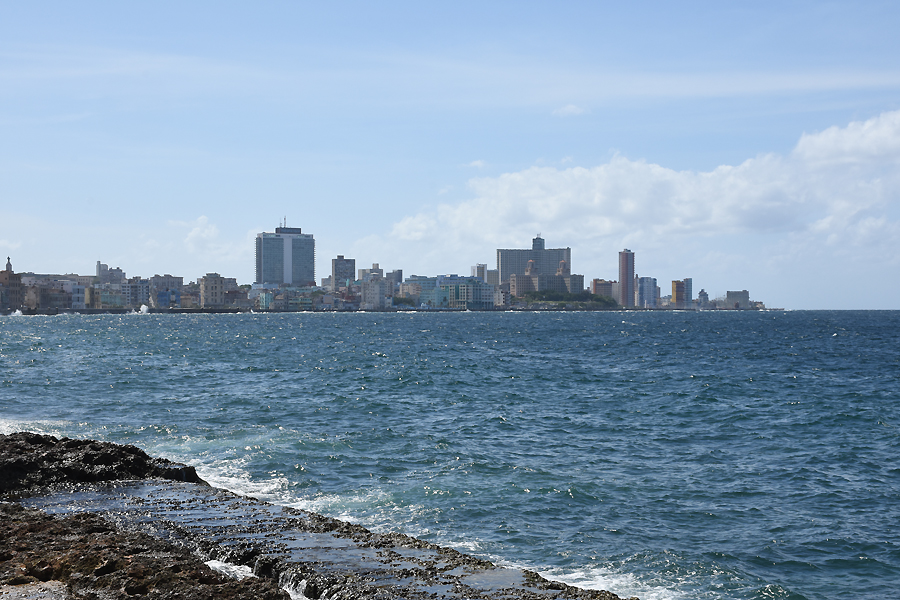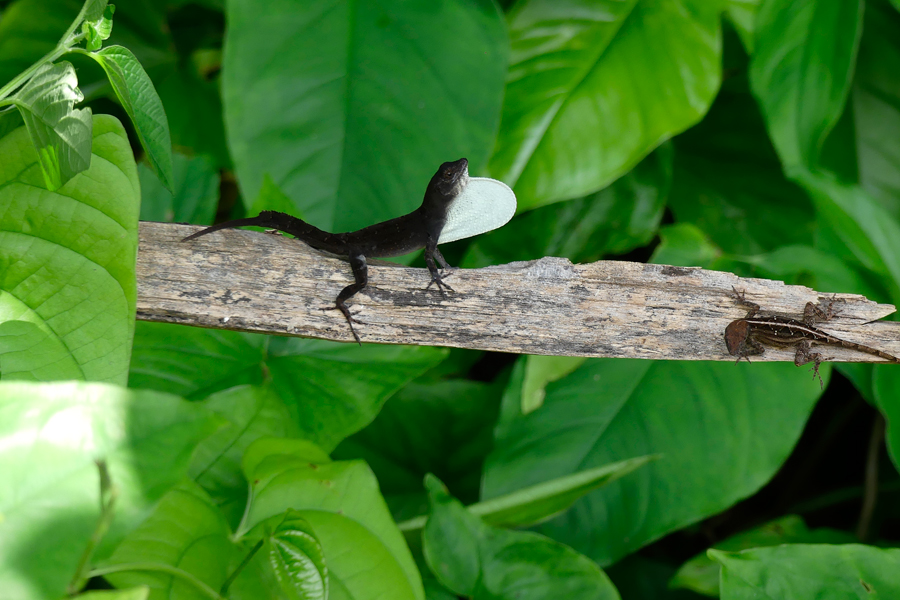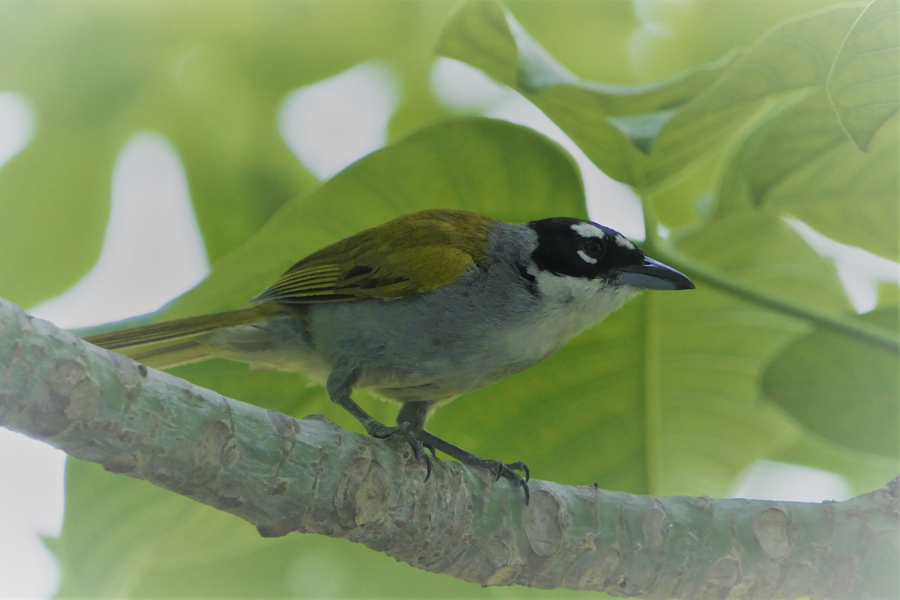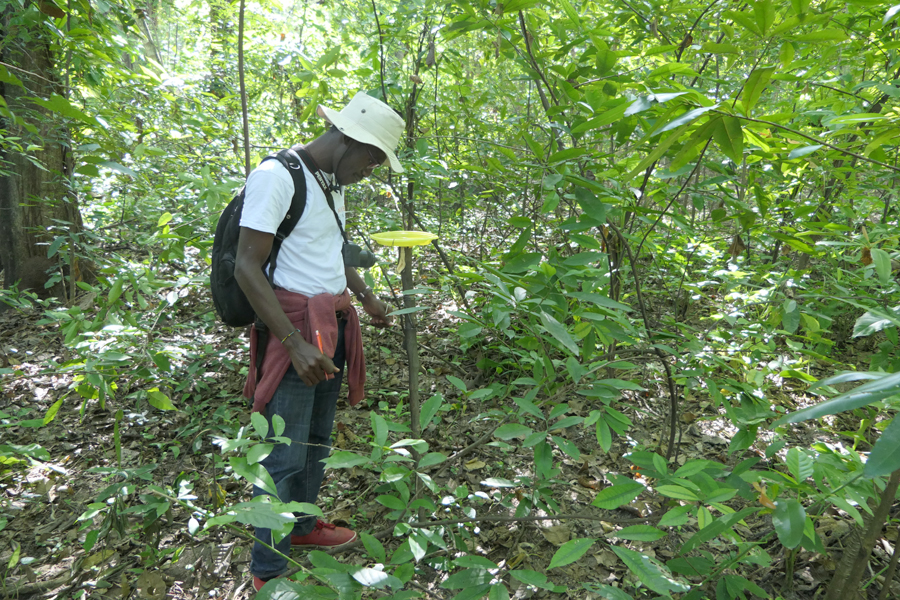Projects in progress

Effects of urbanization on species richness and diversity of moth assemblages in La Havana, Cuba
Cuba PhD project-

Claudia Loiz (Cuba)
Completed projects
Heliconius charithonia ramsdeni © Sharp Photography
Two urban green spaces in Habana City as worthy habitats for butterfly conservation
Cuba Master project-

Yanni Fontenla Garcia (Cuba)

Adaptation of the Cuban-endemic lizard Anolis homolechis to the urban environment: behaviour, demography and population genetics
Cuba PhD project-

Annabelle Vidal (Cuba)

The relevance of urban remnant forest and urban shaded agriculture for avian diversity in Port-au-Prince, Haiti
Haiti Master project-

Jean-Marry Exantus (Haiti)

Variation in the diversity of pollinating insect assemblages in urban green space in the Port-au-Prince area, Haiti
Haiti Master project-

Pierre Michard Beaujour (Haiti)

